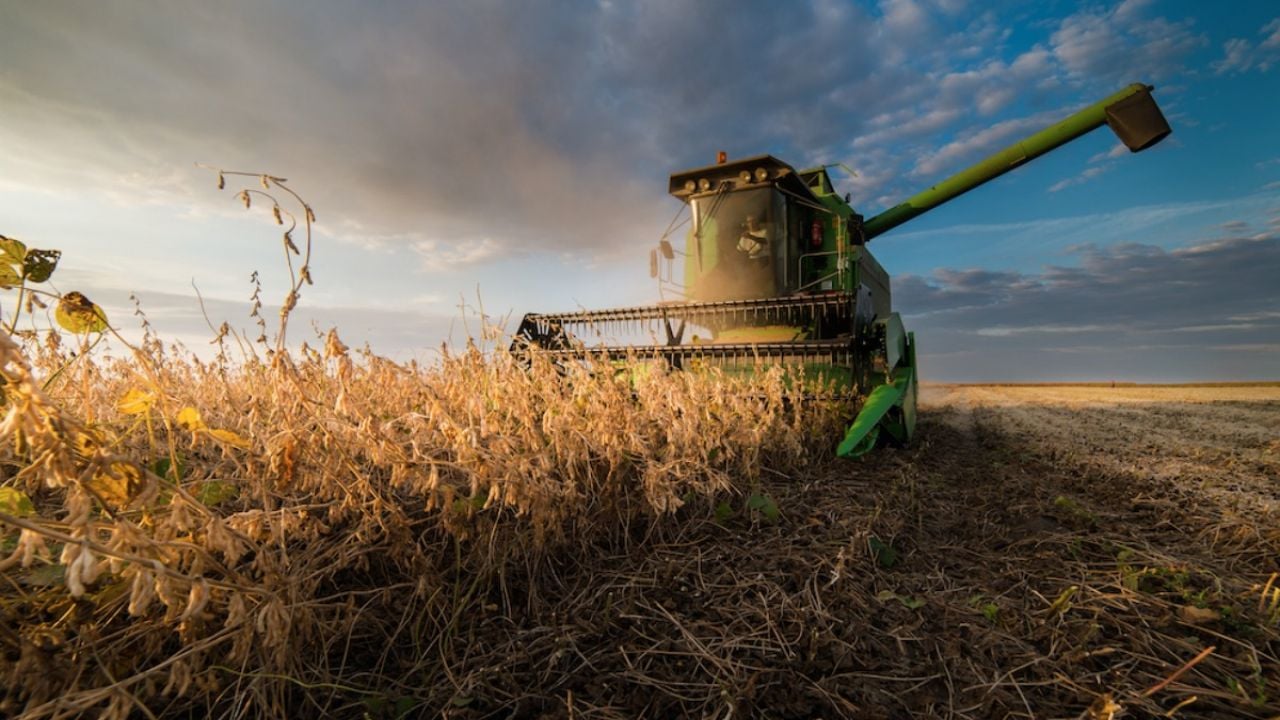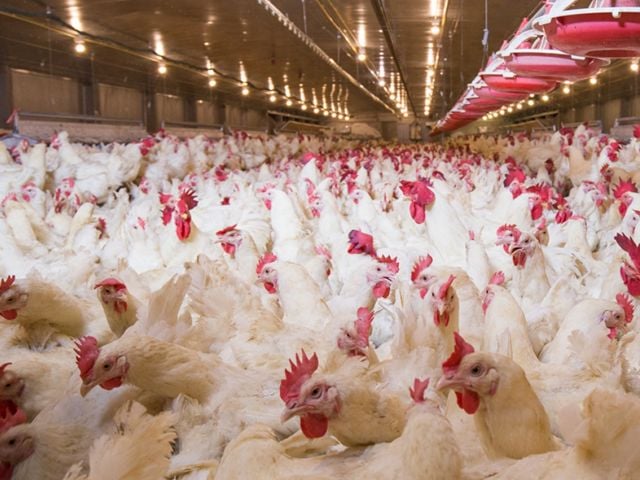
When the House considers the farm bill this morning, watch out for defenders of unlimited farm subsidies delivering misinformation.
Here are the facts:
- American Farmers Do Not Feed the World’s Hungry – Hardly any exports of American farm products feed people in poor countries. In fact, most exports of American farm products go to wealthy countries in the form of meat or animal feed. We produce only 4 percent of the world’s fruits and vegetables, 1 percent of the world’s rice, and just 8 percent of the world’s wheat.
- In Fact, American Farmers Do Not Even Feed America – Many of the fruits, vegetables and seafood we consume are produced in other countries – which helps lower food prices. Plus, most farm subsidies flow to crops that are used to produce fuel or feed animals, not to farmers who produce fruits, nuts and vegetables. Livestock and seafood producers are ineligible for subsidies.
- Farm Household Income Is Rising – Farm income has been rising over the last decade. While the price of some crops has fallen from record highs, on average, farm household income remains much higher than household income for other Americans – and farm income is growing. Median farm household income will top $78,000 in 2018 – well above median U.S. household income.
- More Farm Subsidies Will Not Help Rural America – Farming only produces 6 percent of the jobs in rural areas. And most farms are either ineligible for farm subsidies or receive less than $5,000 a year. Increasing farm subsidies – as the House farm bill proposes – would be like giving the richest guy in town a raise.
- Farm Subsidies Do Not Impact Food Prices – A recent CBO study showed no correlation between crop prices and food prices. The Department of Agriculture has reached the same conclusion. Why? Because the cost of producing the ingredients in packaged foods makes up less than 8 percent of the cost of the final product. Labor, transportation and energy costs are much bigger factors for food prices.
- Subsidy Reforms Will Not Cause Farmers to Go Without Crop Insurance – Reforms designed to reduce crop insurance premium subsidies would impact less than 1 percent of farmers, most of whom would simply change the level of coverage they choose, not drop out of the program. So, there’s no risk that farmers would become more dependent on disaster programs.
- Subsidy Reforms Will Not Cause Insurance Companies to Stop Selling Policies – Even with modest reforms to reduce subsidies to insurance agents and companies, the subsidies would remain incredibly generous. In particular, crop insurance companies would still be guaranteed a 12 percent rate of return.


